Sugar, though sweet and seemingly harmless, can pose significant risks to our health. Many are unaware of its hidden dangers, which contribute to various health issues. Moreover, there are healthier alternatives to satisfy your sweet tooth without the adverse effects.
1. Type 2 Diabetes
Excessive sugar consumption is a primary factor in developing type 2 diabetes. The body becomes resistant to insulin, leading to elevated blood sugar levels. This sweet enemy wreaks havoc on your pancreas, forcing it to work overtime. As insulin resistance builds, maintaining healthy glucose levels becomes a challenge.
Over time, this can result in serious complications, including heart disease and nerve damage. Managing sugar intake can significantly reduce the risk. A diet low in sugar can aid in controlling diabetes effectively. Prevention is key, as crafting a balanced diet could spare you these complications.
2. Weight Gain
Weight gain often stealthily creeps in with high sugar consumption. Sugary foods are calorie-dense but lack nutritional value, leading to excess calorie intake. The tempting allure of these treats can lead to overindulgence.
Moreover, sugar disrupts the hormones that regulate hunger and satiety. This disruption can cause cravings and overeating. As a result, unwanted pounds accumulate, straining the body. Reducing sugar intake can help manage weight effectively. Emphasizing whole foods over processed sweets can be a game-changer in achieving weight loss goals.
3. Heart Disease
The connection between sugar intake and heart disease is concerning. High sugar levels can lead to increased blood pressure and chronic inflammation. These conditions are precursors to heart problems.
Excessive sugar contributes to the buildup of fatty deposits in arteries, increasing the risk of heart attacks.
A sweet tooth can be more detrimental than you think. Monitoring sugar levels and opting for healthier choices can significantly lower heart disease risk. Prioritizing heart health should be a daily endeavor, as it’s vital for longevity.
4. Liver Problems
Liver health can be severely impacted by sugar consumption. The liver processes fructose, a type of sugar, and converts it into fat. Over time, excessive fructose intake can lead to non-alcoholic fatty liver disease.
This condition is marked by fat buildup in the liver, causing inflammation and scarring. Monitoring sugar intake is crucial for maintaining liver health. Emphasizing a diet rich in fruits, vegetables, and whole grains can support liver function. Protecting this vital organ ensures better overall health and well-being.
5. Acne
Acne can be exacerbated by high sugar consumption. Elevated blood sugar levels increase insulin production, which can lead to skin inflammation and breakouts. The skin mirrors dietary choices, reflecting the impact of sugar.
Choosing a diet low in sugar can lead to clearer skin. Hydration and a balanced diet play significant roles in skin health. Cutting back on sugar-laden treats may lead to a more radiant complexion. Achieving healthy skin involves making mindful dietary choices and reducing sugary indulgences.
6. Cognitive Decline
Cognitive health can decline with excessive sugar intake. Studies suggest that high sugar levels can impair memory and cognitive function. The brain, reliant on steady energy supply, can be affected by sugar spikes.
Chronic high sugar intake may lead to neuroinflammation, contributing to cognitive decline. Maintaining a balanced diet is essential for brain health. Reducing sugar can help preserve cognitive abilities, supporting overall mental wellness. Prioritizing nutrient-dense foods can keep the mind sharp and focused.
7. Premature Aging
Premature aging is often linked to high sugar consumption. Sugar can accelerate skin aging through a process called glycation, where sugar molecules attach to proteins, damaging collagen. This damage results in decreased skin elasticity and the formation of wrinkles.
Choosing a diet low in sugar can help maintain youthful skin. Protecting collagen is vital for preserving skin’s firm and supple appearance. Embracing healthier eating habits contributes to a more vibrant complexion and delays aging signs.
8. Inflammation
Inflammation is a hidden consequence of consuming too much sugar. High sugar levels can trigger inflammatory responses in the body, leading to chronic health issues. Joint pain, fatigue, and other inflammatory symptoms can be exacerbated by sugar intake.
Focusing on anti-inflammatory foods can help combat these effects. Reducing sugar and incorporating omega-3 fatty acids can support joint and overall health. Managing inflammation through diet is a proactive approach to health.
9. Tooth Decay
Tooth decay is a well-known effect of excessive sugar consumption. Sugar feeds harmful bacteria in the mouth, leading to plaque formation and cavities. Oral health is directly influenced by dietary choices.
Regular brushing and flossing are crucial but insufficient if sugar intake is high. Limiting sugary snacks and drinks can significantly improve dental health. Prioritizing oral hygiene and reducing sugar consumption can prevent tooth decay. A smile free of cavities is a testament to mindful eating habits.
10. Anxiety & Mood Swings
Emotional well-being can be impacted by sugar intake. High sugar levels can lead to anxiety and mood swings as blood sugar spikes and crashes. The brain’s chemistry is influenced by dietary choices, affecting mood stability.
Balancing blood sugar through a nutritious diet can support emotional health. Reducing sugar helps stabilize mood and reduces anxiety symptoms. Emphasizing whole foods and reducing processed snacks can enhance mental clarity and emotional resilience. A stable mood begins with mindful eating.
11. Honey
Honey, nature’s golden elixir, serves as a sweeter alternative to refined sugars. Packed with antioxidants, it offers health benefits beyond sweetness. This viscous delight can enhance flavors while providing a boost of natural energy.
Rich in antibacterial properties, honey supports immune health. Its unique composition can soothe sore throats and improve digestion. Incorporating honey into your diet can satisfy sweet cravings responsibly. Choosing this natural sweetener keeps sugar intake in check while delivering flavor and nutrients.
12. Dates
With their rich flavor and chewy texture, dates offer a healthier sugar alternative. These natural sweets are packed with fiber, vitamins, and minerals. They provide a quick energy boost and can be used in baking or snacking.
As a natural source of sweetness, dates contribute to digestive health and help regulate blood sugar. Their versatility makes them a delightful addition to various recipes. Embracing dates can satisfy sweet cravings while nourishing the body with essential nutrients.
13. Molasses
A byproduct of sugar refining, molasses offers a robust flavor profile. This thick syrup contains essential nutrients like iron, calcium, and magnesium. Its rich taste makes it a distinctive addition to baking and cooking.
Using molasses as a sweetener can add depth to dishes while providing health benefits. This natural option supports bone health and energy metabolism. Choosing molasses as a sugar substitute can enrich flavors and promote well-being. Its unique taste and benefits make it a worthy addition to the pantry.
14. Stevia
Derived from the leaves of a plant, stevia offers a calorie-free sugar alternative. Its natural sweetness comes without the guilt of added calories. Stevia can be used in beverages, desserts, and various recipes.
This sugar substitute supports weight management and is suitable for diabetics. Incorporating stevia into your diet can satisfy sweet cravings without sugar’s negative effects. Embracing this plant-based sweetener aligns with a health-conscious lifestyle. Its versatility and benefits make it a popular choice for those reducing sugar intake.
15. Maple Syrup
Maple syrup, tapped from the sap of maple trees, offers a natural sweetness. This syrup contains antioxidants and minerals, providing health benefits beyond flavor. Its rich taste enhances pancakes, waffles, and other treats.
Choosing maple syrup over refined sugar can add depth to your culinary creations. This natural sweetener supports immune health and energy metabolism. Embracing maple syrup allows you to satisfy sweet cravings responsibly. Its unique flavor and benefits make it a favorite choice for health-conscious individuals.
16. Erythritol
A sugar alcohol, erythritol offers a low-calorie alternative to sugar. Its sweet taste mimics sugar without the added calories, making it popular in low-carb diets. Erythritol is well-tolerated and doesn’t impact blood sugar levels.
Incorporating erythritol into recipes can help manage weight and satisfy sweet cravings. This sugar substitute is suitable for diabetics and those reducing sugar intake. Embracing erythritol supports a balanced diet without compromising taste. Its benefits make it a valuable addition to a sugar-conscious lifestyle.
17. Agave
Agave syrup, derived from the agave plant, offers a natural sweetener option. Its mild flavor complements beverages, desserts, and culinary creations. Agave syrup is sweeter than sugar, allowing for reduced usage.
Choosing agave syrup can satisfy sweet cravings while reducing overall sugar intake. This natural sweetener supports a balanced diet and aligns with health-conscious choices. Embracing agave syrup adds variety to your sweetening options. Its benefits and versatility make it a popular alternative to refined sugars.
18. Coconut Sugar
Derived from the sap of coconut palms, coconut sugar offers a natural sweetness. This sugar substitute contains minerals like potassium, iron, and zinc. Its caramel-like flavor adds depth to baked goods and beverages.
Choosing coconut sugar can satisfy sweet cravings while providing essential nutrients. This natural sweetener supports a balanced diet and aligns with health-conscious choices. Embracing coconut sugar adds variety and benefits to your culinary creations. Its unique taste and nutritional content make it a popular alternative to refined sugars.
19. Monk Fruit Sweetener
Monk fruit sweetener, derived from the monk fruit, offers a calorie-free sugar alternative. Its natural sweetness comes without the added calories of sugar. Monk fruit sweetener is suitable for diabetics and those reducing sugar intake.
Incorporating monk fruit sweetener into recipes can satisfy sweet cravings without negative effects. This sugar substitute supports a balanced diet and aligns with health-conscious choices. Embracing monk fruit sweetener offers variety in sweetening options. Its benefits and versatility make it a popular choice for those cutting down on sugar.
20. Fruit Purées
Made from blended fruits, fruit purées offer a natural and flavorful sweetener. These purées retain the fiber, vitamins, and minerals of whole fruits. Using fruit purées in recipes can enhance flavors and reduce sugar intake.
As a natural source of sweetness, fruit purées support a balanced diet and offer nutritional benefits. They can be used in baking, sauces, and smoothies, providing versatility in culinary creations. Embracing fruit purées allows you to satisfy sweet cravings responsibly. Their health benefits and flavor make them a perfect sugar substitute.






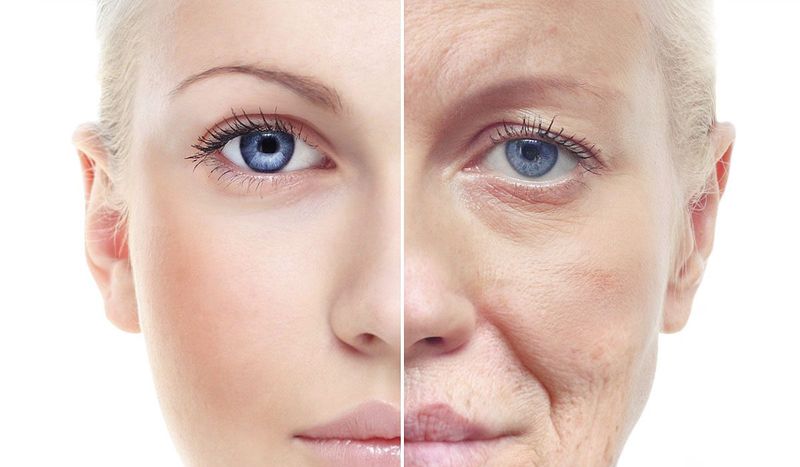

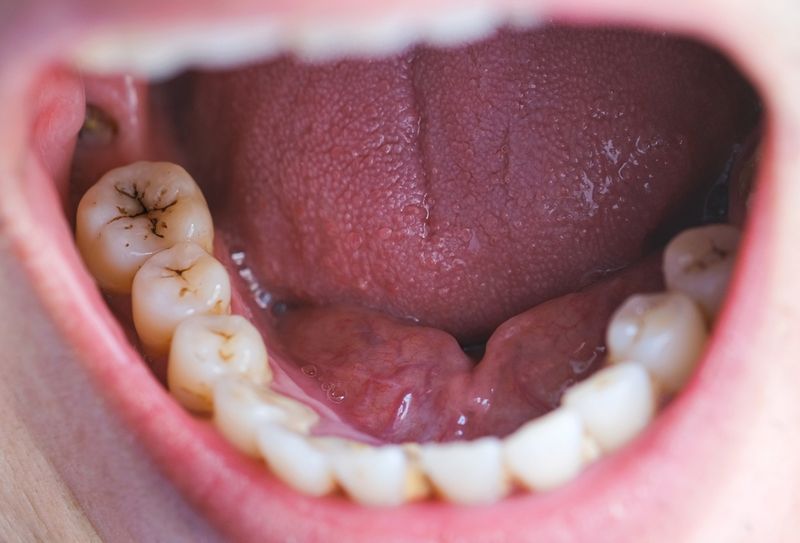

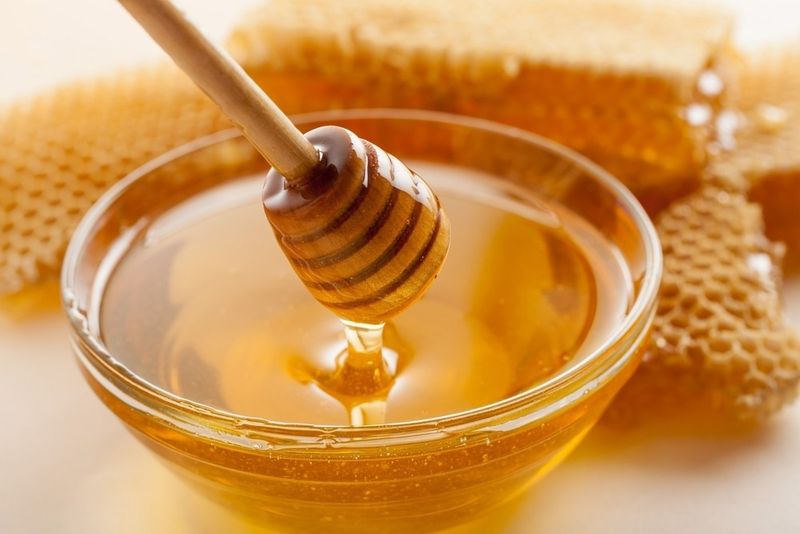



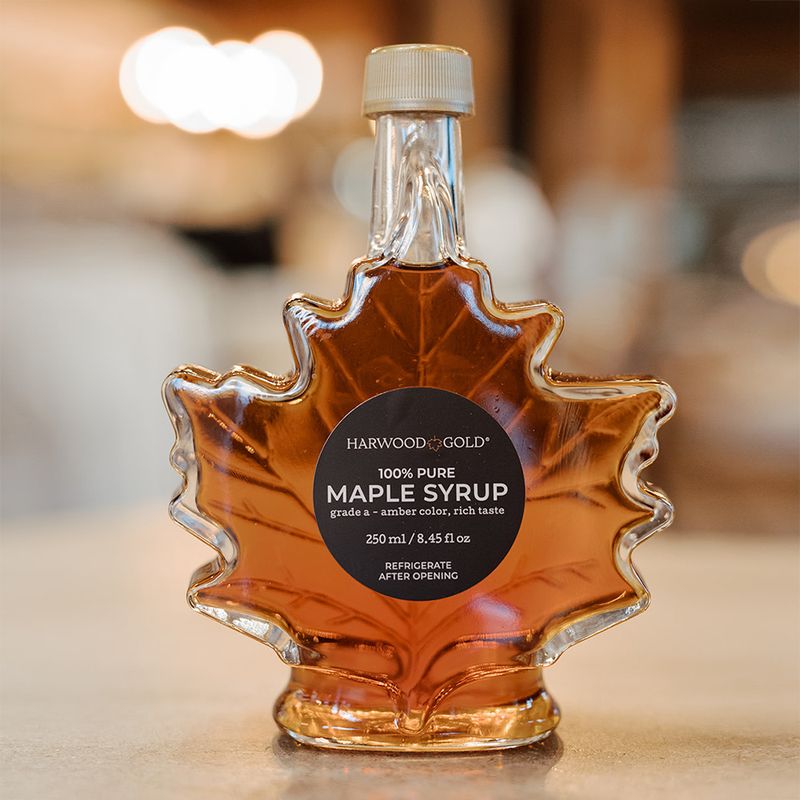

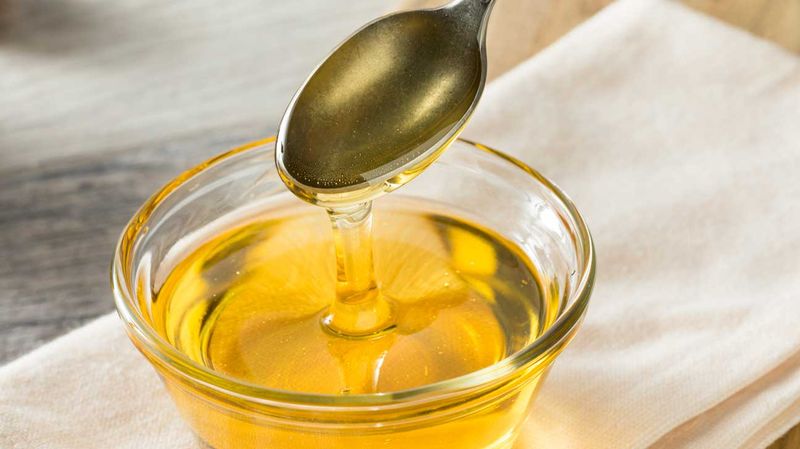
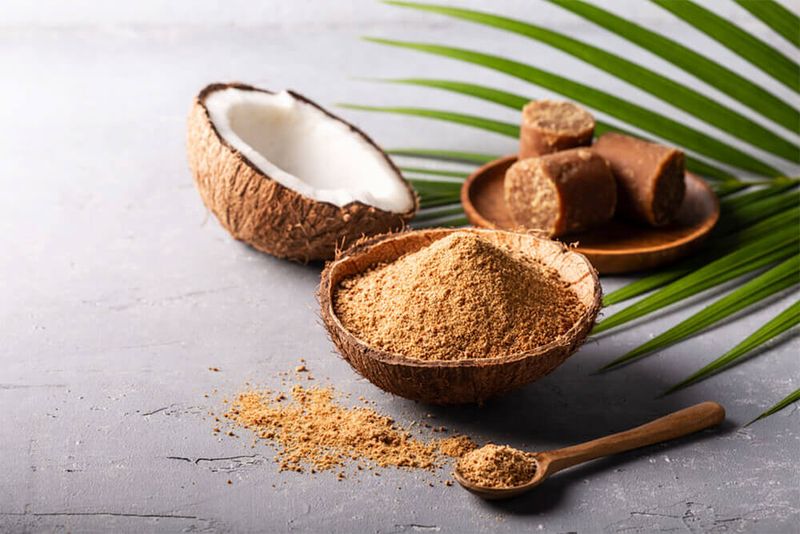
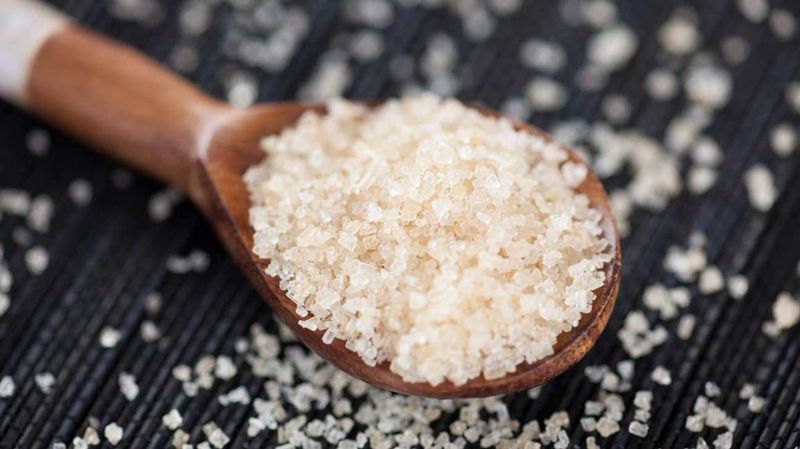

Leave a comment